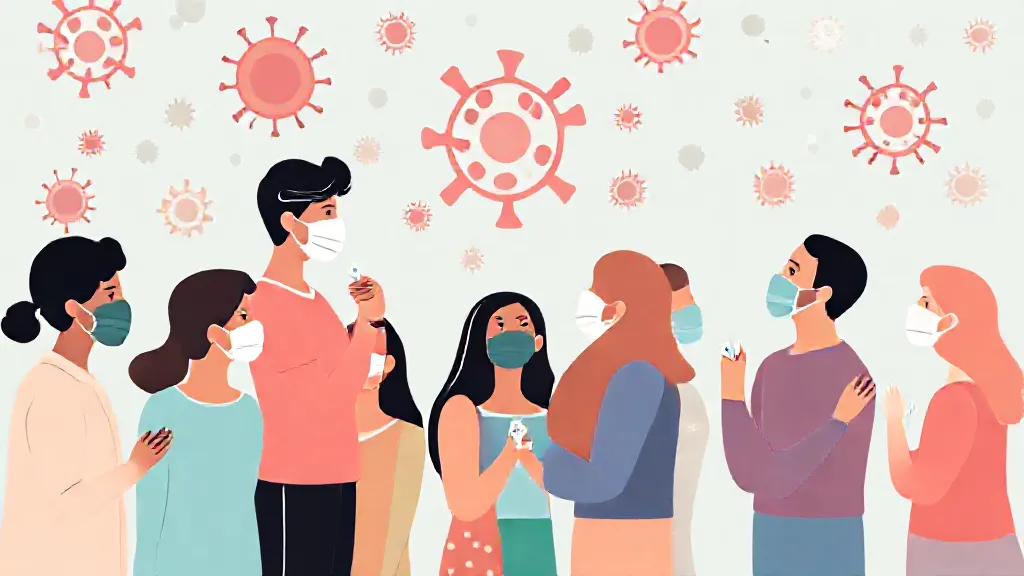Vaccines are one of the most significant advancements in modern medicine, providing a powerful tool in the prevention of infectious diseases. They work by stimulating the immune system to recognize and combat pathogens without causing the disease itself. This article delves into the intricate mechanisms by which vaccines protect against diseases, their historical development, and their impact on global health.
The Immune Response Explained
When a vaccine is administered, it introduces a harmless component of a pathogen, such as a protein or a piece of its genetic material, into the body. This component is known as an antigen. The immune system recognizes this antigen as foreign and mounts a response.
This includes the activation of B cells that produce antibodies specific to the pathogen and T cells that destroy infected cells. This priming of the immune system ensures that if the body encounters the actual pathogen in the future, it can respond more swiftly and effectively.
Types of Vaccines and Their Mechanisms
There are several types of vaccines, including live-attenuated, inactivated, subunit, and mRNA vaccines.
Live-attenuated vaccines use a weakened form of the pathogen, while inactivated vaccines contain killed pathogens. Subunit vaccines consist of purified pieces of the pathogen, and mRNA vaccines provide the genetic instructions for cells to produce a harmless piece of the virus, prompting an immune response. Each type has unique mechanisms and applications, tailored to elicit the best immune response for specific diseases.
Historical Milestones in Vaccination
The history of vaccination dates back to the late 18th century when Edward Jenner developed the smallpox vaccine using cowpox virus. This groundbreaking work laid the foundation for immunology and the development of vaccines against other diseases. The 20th century saw the introduction of vaccines for polio, measles, and influenza, significantly reducing the incidence of these diseases and saving millions of lives.
The impact of vaccination on public health is profound, leading to the near-eradication of smallpox and substantial declines in other infectious diseases.
Herd Immunity: Protecting the Vulnerable
One of the critical concepts associated with vaccination is herd immunity. When a significant portion of a population is vaccinated, the spread of the disease is limited, providing indirect protection to those who cannot be vaccinated, such as infants and individuals with compromised immune systems.
This collective immunity is essential for controlling outbreaks and protecting vulnerable populations, demonstrating the importance of widespread vaccination efforts.
Challenges in Vaccine Distribution and Acceptance
Despite the proven benefits of vaccines, challenges remain in their distribution and acceptance. Vaccine hesitancy, fueled by misinformation and distrust, poses a significant threat to public health.
Efforts to educate the public about the safety and efficacy of vaccines are crucial. Additionally, logistical challenges in delivering vaccines to remote or underserved populations can hinder immunization campaigns, necessitating innovative solutions and global cooperation.
The Role of Vaccines in Combating Emerging Diseases
In recent years, the emergence of new infectious diseases, such as COVID-19, has highlighted the critical role of vaccines in public health.
The rapid development and deployment of mRNA vaccines during the pandemic showcased the potential of modern technology in addressing health crises. Vaccination campaigns have been vital in controlling the spread of the virus and reducing severe outcomes, underscoring the importance of ongoing investment in vaccine research and development.
Future Directions in Vaccinology
Looking ahead, the field of vaccinology continues to evolve with advancements in technology and a deeper understanding of the immune system.
Research is ongoing to develop vaccines for diseases that currently lack effective prevention methods, such as HIV and malaria. Additionally, the exploration of personalized vaccines and the integration of artificial intelligence in vaccine development hold promise for enhancing the effectiveness and efficiency of immunization strategies.
Conclusion: The Imperative of Vaccination
Vaccines represent one of the most effective public health interventions available, protecting individuals and communities from infectious diseases.
Understanding how vaccines work and their impact on health can empower individuals to make informed decisions about vaccination. As we face ongoing and emerging health challenges, the importance of vaccines in safeguarding public health cannot be overstated, making continued support for vaccination efforts essential for a healthier future.
